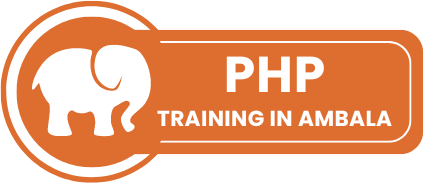In today's web world, where users expect lightning-fast page loads, optimizing your PHP code for performance is no longer optional. A sluggish website can frustrate visitors and hurt your SEO rankings. But fear not, PHP developers! This guide equips you with powerful techniques to transform your code from sluggish to speedy.
Identifying Performance Bottlenecks:
Before optimization, it's crucial to pinpoint the areas hindering your application's performance. Profiling tools like Xdebug or Blackfire.io can unveil slow-running queries, inefficient algorithms, and excessive memory usage.
Optimizing Your Code:
Once you've identified the bottlenecks, unleash your inner performance ninja with these tactics:
- Caching: Leverage caching mechanisms to store frequently accessed data in memory or on disk, minimizing database calls and server load. Tools like Memcached or Redis can significantly improve performance.
- Database Efficiency: Write optimized SQL queries that retrieve data efficiently. Use indexes strategically to speed up searches. Consider database normalization to avoid data redundancy.
- Opcode Caching: PHP is an interpreted language, meaning the code is parsed every time a page loads. Opcode caching (like APC or Zend Opcache) stores pre-compiled code, significantly reducing execution time.
- Minimize External Dependencies: Limit unnecessary calls to external APIs or services that can introduce delays. Consider local caching or alternative approaches when possible.
- Choose the Right Tools: Utilize efficient data structures and algorithms. Explore well-established libraries like Symfony or Laravel that often provide optimized solutions.
Beyond the Code:
Performance optimization extends beyond the code itself. Consider these factors:
- Server Configuration: Fine-tune your server configuration to allocate appropriate resources (memory, CPU) to your PHP application. Ensure you're using a robust web server like Apache or Nginx.
- Content Delivery Networks (CDNs): Utilize CDNs to serve static content like images and JavaScript from geographically distributed servers, reducing load times for users in different locations.
The Continuous Quest for Speed
Optimizing for performance is an ongoing process. As your application evolves, revisit your optimization strategies regularly. New tools and techniques emerge constantly, so stay updated on best practices.
By putting these strategies into action, you'll transform your sluggish PHP application into a performance powerhouse, delivering a seamless user experience and keeping your website ahead of the curve.









